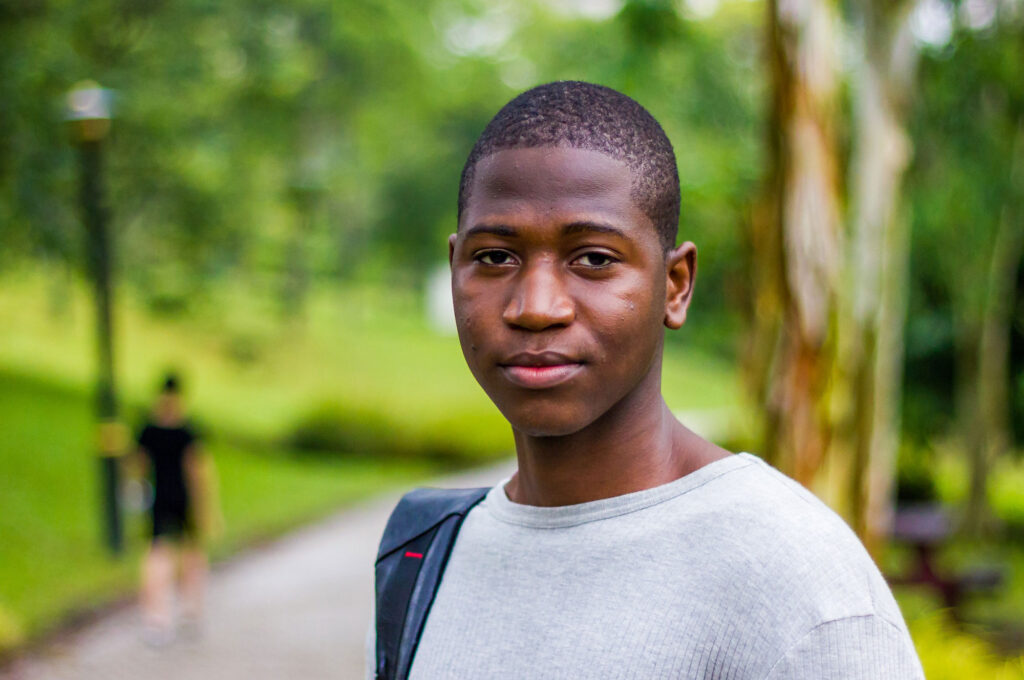Today is Juneteenth and here in America we are celebrating the end of slavery in all fifty of our united states. Our celebration however is tempered by our knowing that much of the emotional trauma associated with racial inequality persists to this day- pain from the past as well as pain from events of today. So Juneteenth is a good day for us to pause and to take note of difficult feelings that might arise in each one of us when we think of race and equal opportunity. It is also a good day to learn about tools that are available to encourage healing. And that’s where homeopathy fits in.
One of the very first cases I ever had in my practice was that of a young African American man named Kwame. Kwame suffered from chronic headaches. He also had a long history of insomnia. Kwame managed to get by with both issues, taking Advil as needed for the head pain and an occasional sleep aid when he found himself desperate for a decent night’s rest. Yet after a lengthy conversation where we went over his emotional history, I learned there was a lot more to Kwame’s history than simple headaches and loss of sleep.
As a child, Kwame was bussed to a mostly white school in an effort to reduce segregation in his home town. He got along with most of the kids in his classes but there were others who tossed insults at him whenever they were out on the playground. Some made fun of his worn sneakers and hand me down clothes. Others teased him for not having the proper supplies at home to finish assignments. Each time he’d try to walk away, but the anger built up inside. Eventually it led to headaches and sleeplessness.
After hearing the entire story, I prescribed Staphysagria, a homeopathic medicine that is often recommended to people who have been abused or treated unfairly by those around them and who have responded by staying quiet and keeping their anger in. I have used this same remedy with patients who have had to endure teachers who unfairly criticized their work and patients who have worked for bosses who did not offer them the opportunities afforded to others simply because of their race or religion.
But back to Kwame. Late in the night of the first dose, Kwame called to tell me that he couldn’t sleep and that his head pain was terrible. I told him to take Advil as needed to reduce the pain and to hold off on the sleep aid for just this one night. He followed my instructions and called early the next day with an air of delight, “I dont know what was in that stuff, but I eventually fell asleep and I feel on top of the world today. The headache is completely gone and so is that heavy feeling in my head that I usually feel, even on a good day.” I was happy Kwame had improved but I knew to give the homeopathy more time to make sure he was going to experience long lasting results.
We spoke several times over the next few months until I was certain the Staphysagria was providing the emotional and physical relief that I sought for Kwame. And yes, he steadily improved, but the greatest reward came a year later, when Kwame’s mom sent me a note. In it, she wrote, “Dear Dr Grossman, I know my son saw you over a year ago for his chronic headaches and I am grateful that they have gone away, but what makes me even more thankful, is that he no longer holds his anger in. As a little boy, he’d go to school and the kids would pick on him and he did nothing about it. I told him to tell the teacher, but he wouldn’t. My husband had talks with him, telling him just what to say to the other boys, but he stayed quiet. That is, until he got home and cried and cried for hours. He was just such a sweet kid but I always wanted him to learn to stand up for himself.
A week ago he told me he asked his boss for a raise, something he would NEVER have done before. He was just tired of not being recognized. And to his amazement, the boss met with him today to tell him of an increase in responsibilities AND in his salary beginning at the first of the month. You have no idea how happy that makes me. My boy is finally free from the demons of his past.”
And so homeopathy was able to free some of the longstanding emotional pain from the abuse that Kwame endured. And it is but one tool we can add to our toolbox in trying to reduce the trauma caused by inequality and abuse. In future articles, I will discuss other such helpful remedies like Stramonium (recommended to people who have experienced or witnessed abuse and who then develop fears of the dark or of being alone and who might also suffer from tics, twitches, or nightmares). Lac caninum is another remedy better suited for people who have been harshly criticized who then lose their self-confidence and their ability to concentrate or to focus on school or work assignments. Until then, feel free to write to me with questions about emotional trauma and how homeopathy might help someone you know. I am happy to use the tools in my homeopathic toolkit to lessen the effects of inequality so that our Juneteenth celebrations become increasingly joyful as we lean into a future filled with deeper connections and more caring communities.
